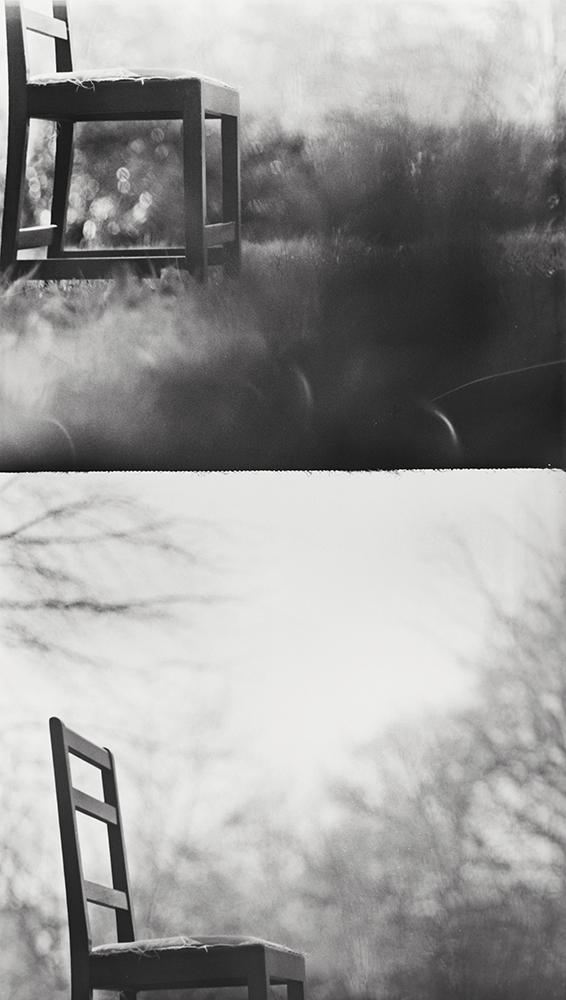Extract from The politics of waiting
by Craig Jeffrey, The Guardian, Sat 29 May 2010
We all wait. Waiting has always been a characteristic feature of human life. Waiting for rain, harvests, birth and death are important features of traditional societies. Waiting is also a key dimension of modernity; during the 20th century the increasing regimentation of time in the west created multiple settings – such as traffic jams, offices, and clinics – in which people waited. But what of long-term waiting? What of situations in which people have been compelled to wait for years, generations, or whole lifetimes, not as the result of their voluntary movement through modern spaces but because they are consistently unable to realise their goals?
These are questions that occurred to me on a regular basis when I lived in the north Indian city of Meerut, as I have done on and off since 1995. Opposite where I sometimes stay there is a tea stall where large numbers of lower-middle-class college students hang out. Drawn into hoping for a secure middle-class job, but excluded from salaried employment, these men spend much of their day in what they called “time-pass” (passing time). As one young man put it: “Time has no value in India. We are just passing the time: hoping something better is round the corner.”
Unemployed youth are not the only people waiting in the city of Meerut. A hundred yards from the college hangouts, there is a large collection of tents housing Bangladeshis who have migrated to Meerut in search of work. My anthropological research in the city sometimes took me to the settlement, where many people said that they were “just waiting”, hoping that the government would grant them jobs, a safe home, some protection from the police.
Of course, there is nothing new about chronic, fruitless waiting, which characterised the experiences of colonised populations and the lives of Europe’s large floating population in the 18th and 19th centuries, for example. Yet long-term experiences of “waiting” have become much more common, especially since the 1960s. Examples are legion: an increase in the numbers of international migrants occupying detention centres on the edge of industrial states; the rising prison population in the US and parts of Europe; and people forced to move between countries in the aftermath of war or economic collapse.
Youth in many places experience waiting especially sharply. Young people the world over have been exposed via education and the media to dreams of rapid mobility. But like the young men I met in Meerut tea stalls they are typically unable to obtain the jobs, modern consumer goods and lifestyles they desire. Unemployed men told Daniel Mains, an anthropologist working in Ethiopia, that the only “change” they experience during their lives is watching the shadows creep from one side of the road to another with the passing of the sun. Such statements recall CS Lewis’s description of grief: “Like waiting; just hanging about waiting for something to happen. It gives life a permanently provisional feeling … almost pure time, empty successiveness.” They are also reminiscent of the hopeless, absurd waiting of Samuel Beckett’s Waiting for Godot.
